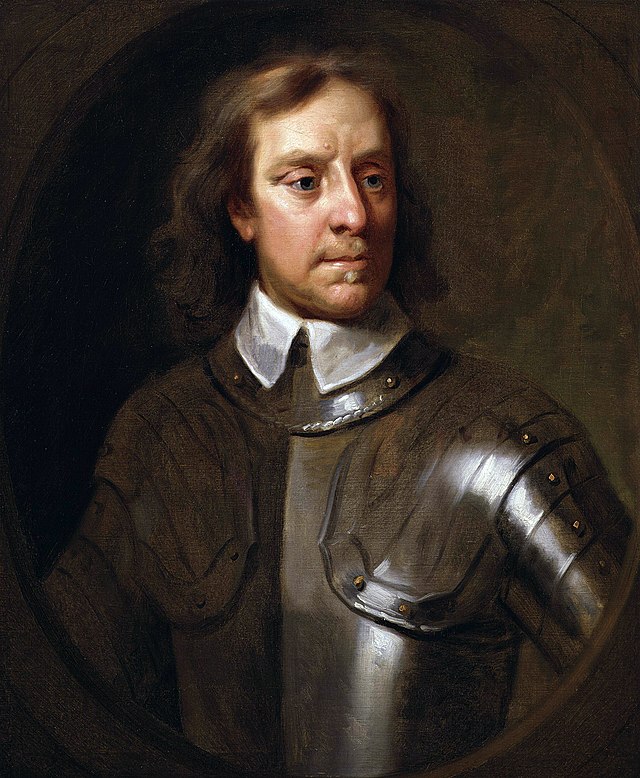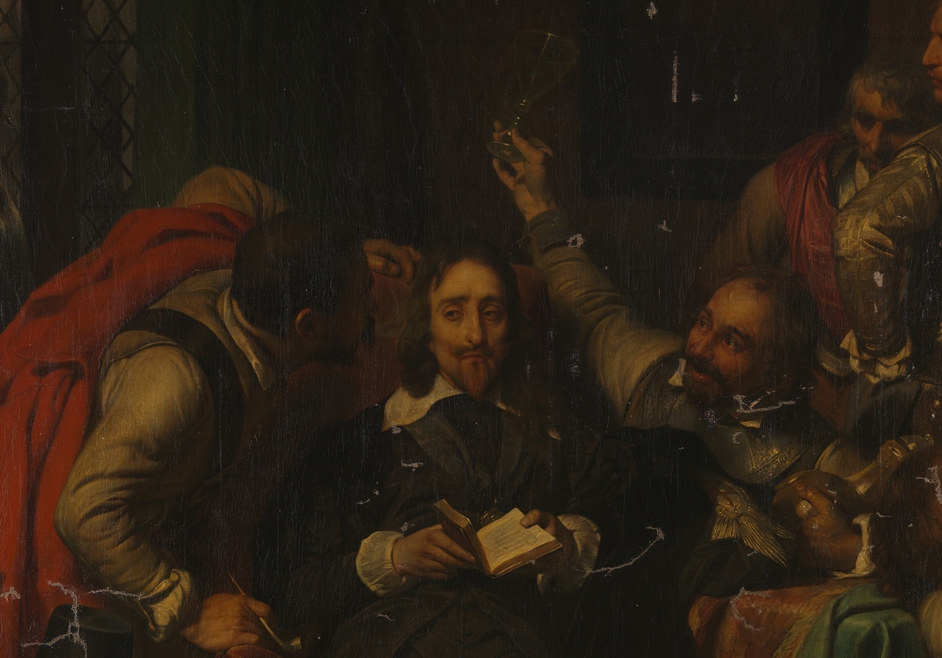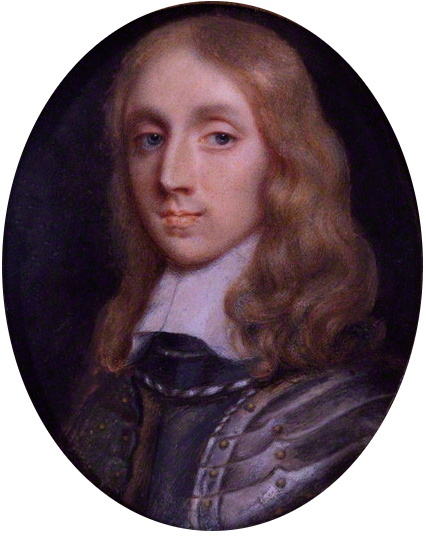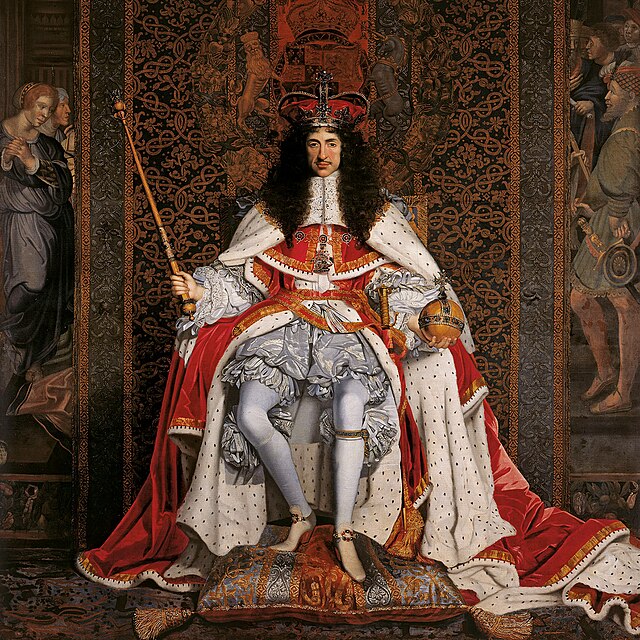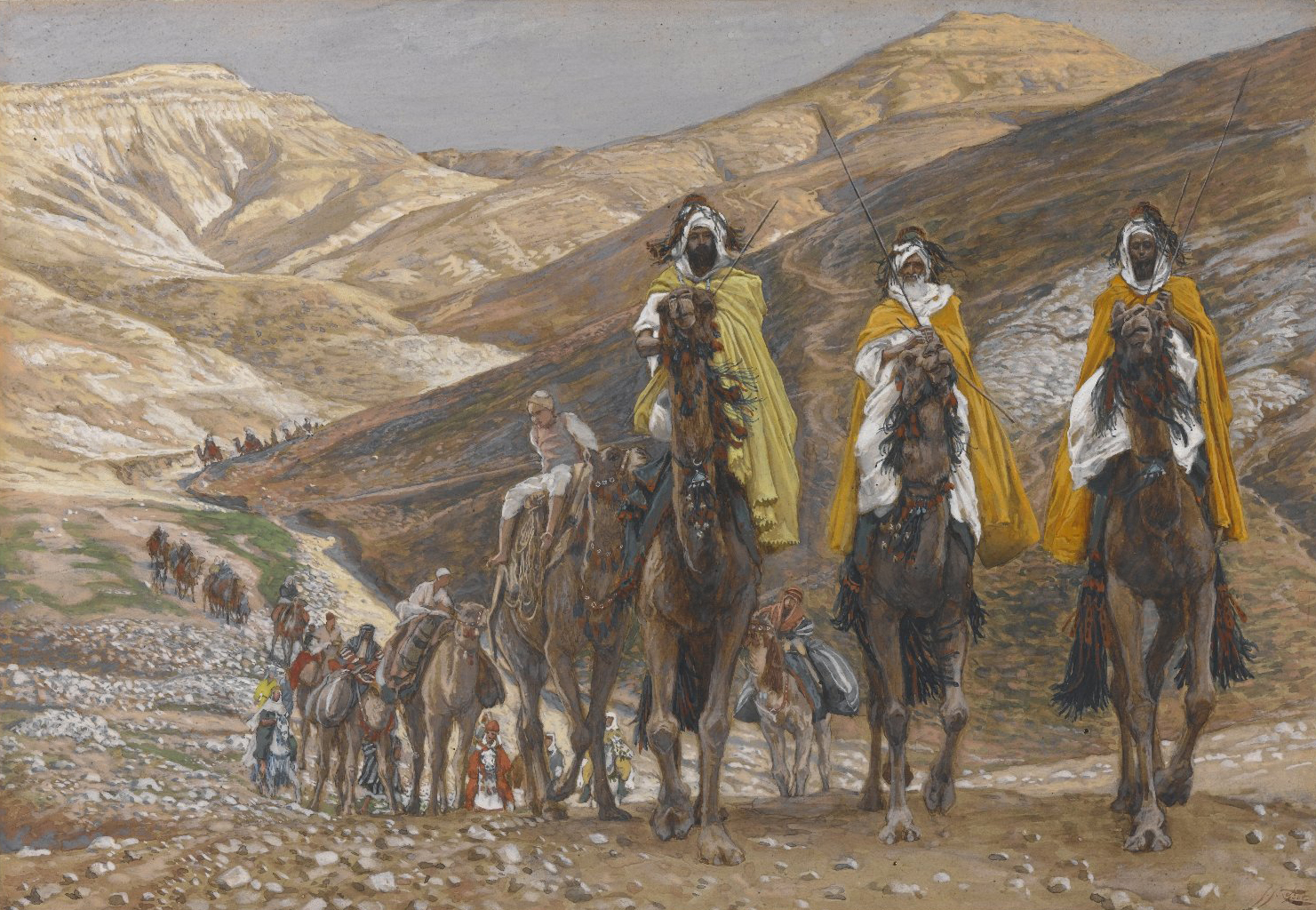- Grammar
- Quotations: Please answer the following questions here.
- Satirical Styles: Hat War
- Calendar
- Party Wednesday (per. 3) or Thursday (4-7)
* List 6, Due Monday, Feb. 9 (but I won't quiz you on them until next week): Please incorporate quotations into your sentences this week.
adulation
censure
dissemble
dissimulation
droll
expectorate
palpate
peremptory
pusillanimous
surfeit
HW: Satire and Proposal





